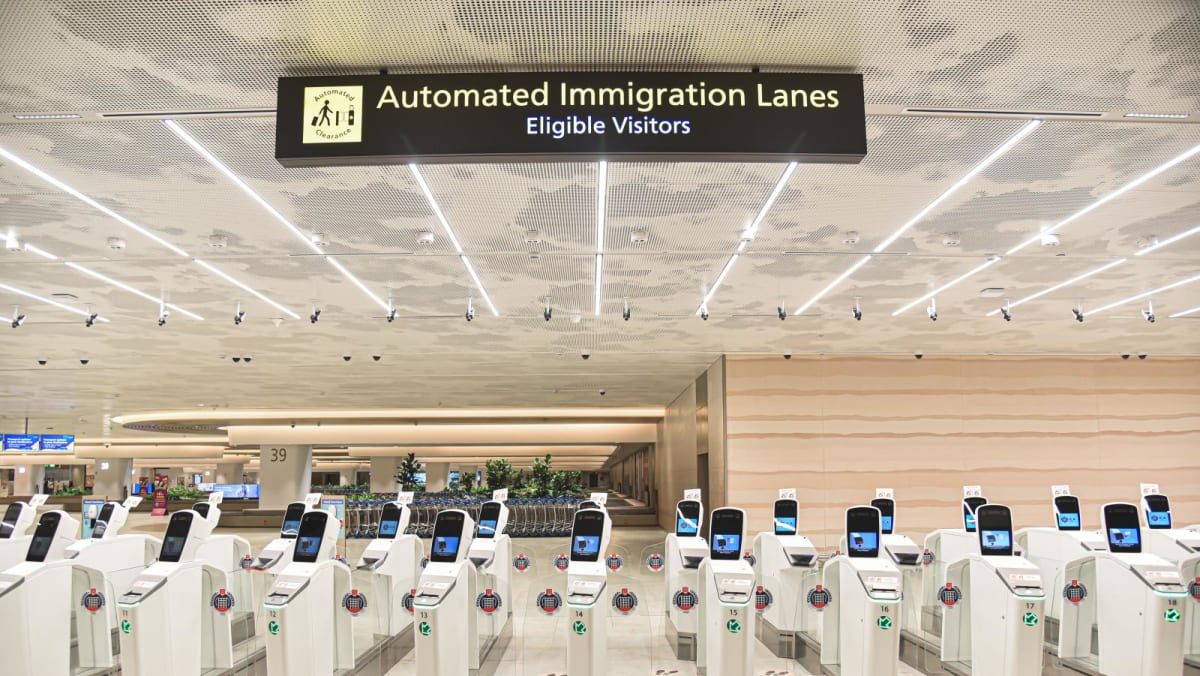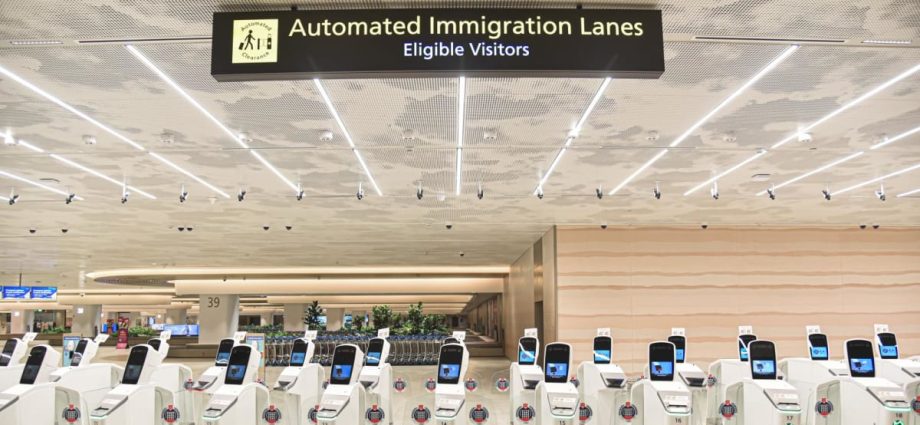
A second set of changes aims to enhance the Immigration and Checkpoints Authority’s (ICA) ability to handle potential security threats and future pandemics. The Bill provides for powers to collect advance passenger and crew information across all modes of entry, and clarifies that it is an offence to give misleading information to ICA even when the person was outside Singapore.
If the Bill is passed, ICA will be able to issue no-boarding directives to airlines and other transport operators to deny “undesirable individuals”, particularly those who pose a safety or security threat, said MHA.
“This prevents them from travelling to Singapore in the first place, instead of only being turned back at our checkpoints on arrival,” the ministry said.
Penalties will be introduced for transport operators who fail to submit advance traveller information or who do not comply with no-boarding directives.
MORE POWERS FOR OFFICERS
The Bill also extends the Home Affairs Minister’s powers to prohibit the entry or transit of foreigners on public health grounds, as this was not explicit before.
To strengthen border controls, the Bill also gives ICA officers more powers. Currently, ICA officers only have powers of arrest for immigration offences or non-immigration offences committed in or near an authorised area, such as a checkpoint.
The Bill will give them powers to detain people or vehicles for non-immigration offences no matter where they take place, pending the arrival of the law enforcement agencies.
“These powers are particularly relevant at land checkpoints, as ICA has taken over protective security functions there from the Singapore Police Force since January 2023,” said MHA.

